Two substances, A and B were made to react to form a third substance, according to the following reaction .Which of the following statements concerning this reaction are incorrect?
(i) The product shows the properties of substances A and B.
(ii) The product will always have a fixed composition.
(iii) The product so formed cannot be classified as a compound.
(iv) The product so formed is an element.
(i), (ii) and (iii)
(ii), (iii) and (iv)
(i), (iii) and (iv)
(ii), (iii) and (iv)
The correct Answer is:C
To determine which statements concerning the reaction 2A+B→A2B are incorrect, we will analyze each statement one by one.
Step 1: Analyze Statement (i)
Statement: The product A2B shows the properties of substances A and B.
Analysis:
- A compound is formed when two or more elements combine chemically. The properties of a compound are usually different from those of its constituent elements.
- Since A2B is a compound formed from elements A and B, it will have its own unique properties, distinct from A and B.
Conclusion: This statement is incorrect.
Step 2: Analyze Statement (ii)
Statement: The product will always have a fixed composition.
Analysis:
- According to Dalton's law of constant proportions, a compound has a fixed composition. This means that no matter how much of the elements A and B are used, the ratio in which they combine to form A2B will always be the same.
- In this case, A2B will always consist of 2 parts A and 1 part B.
Conclusion: This statement is correct.
Step 3: Analyze Statement (iii)
Statement: The product so formed cannot be classified as a compound.
Analysis:
- As established earlier, A2B is formed from the chemical reaction between A and B. By definition, a compound is a substance formed from two or more elements combined chemically.
- Since A2B is formed from A and B, it is indeed a compound.
Conclusion: This statement is incorrect.
Step 4: Analyze Statement (iv)
Statement: The product so formed is an element.
Analysis:
- An element is a pure substance that cannot be broken down into simpler substances.
- Since A2B is a compound formed from A and B, it is not an element. It is a combination of elements, thus it cannot be classified as an element.
Conclusion: This statement is incorrect.
Final Summary of Incorrect Statements:
- Statement (i) is incorrect.
- Statement (iii) is incorrect.
- Statement (iv) is incorrect.
Statement: The product A2B shows the properties of substances A and B.
- A compound is formed when two or more elements combine chemically. The properties of a compound are usually different from those of its constituent elements.
- Since A2B is a compound formed from elements A and B, it will have its own unique properties, distinct from A and B.
Statement: The product will always have a fixed composition.
- According to Dalton's law of constant proportions, a compound has a fixed composition. This means that no matter how much of the elements A and B are used, the ratio in which they combine to form A2B will always be the same.
- In this case, A2B will always consist of 2 parts A and 1 part B.
Statement: The product so formed cannot be classified as a compound.
- As established earlier, A2B is formed from the chemical reaction between A and B. By definition, a compound is a substance formed from two or more elements combined chemically.
- Since A2B is formed from A and B, it is indeed a compound.
Statement: The product so formed is an element.
- An element is a pure substance that cannot be broken down into simpler substances.
- Since A2B is a compound formed from A and B, it is not an element. It is a combination of elements, thus it cannot be classified as an element.
- Statement (i) is incorrect.
- Statement (iii) is incorrect.
- Statement (iv) is incorrect.
Similar Questions
Which of the following statements regarding the compound AxBy is /are correct?
View SolutionIn the following sequence of reactions, products (B) to (E) are formed:
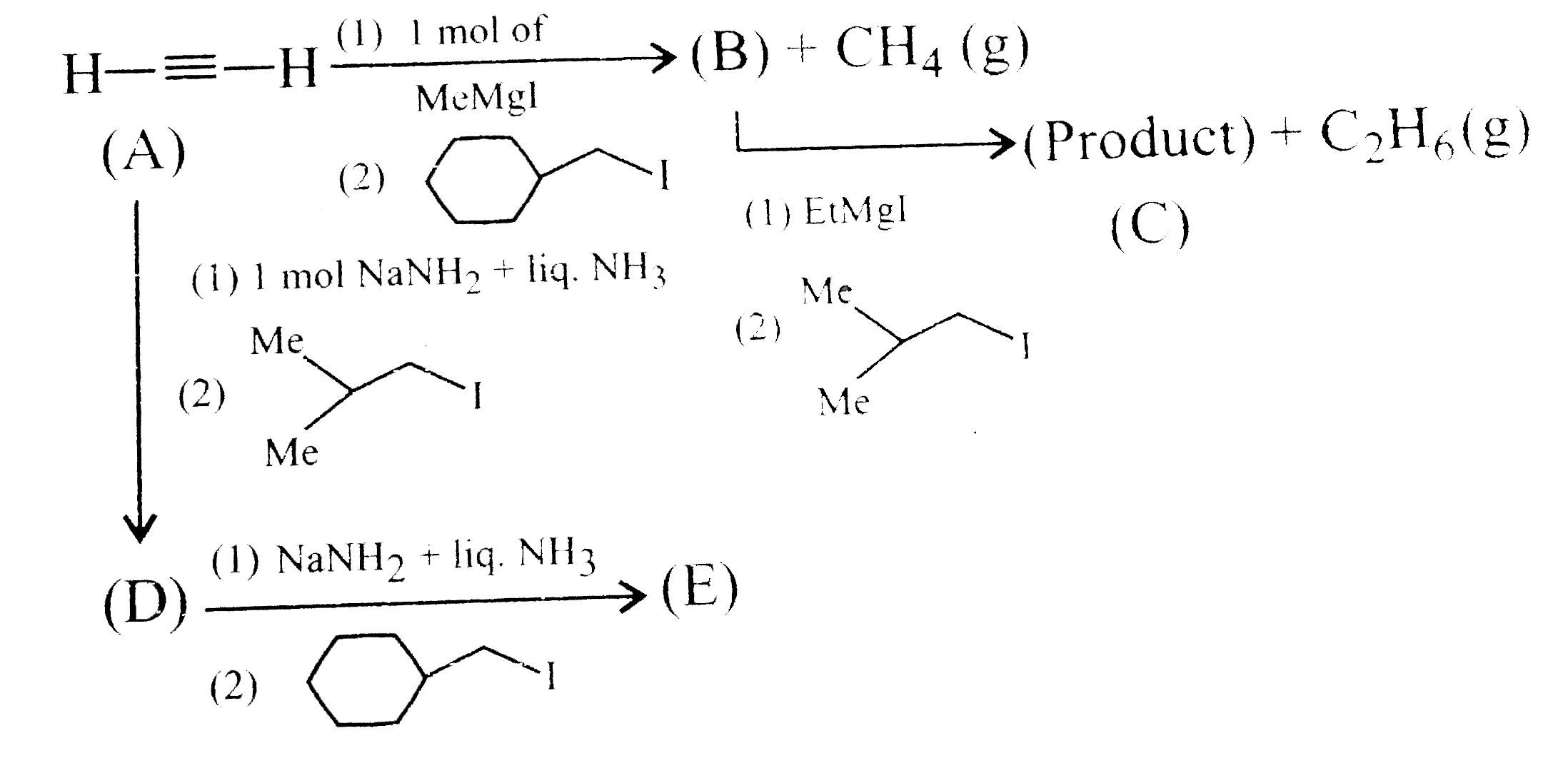
Product (B) is:View SolutionIn the following sequence of reactions, products (B) to (E) are formed:

Product (E) is:View SolutionIn the following sequence of reactions, products (B) to (E) are formed:

Product (D) is:View SolutionIn the following sequence of reactions, products (B) to (E) are formed:

Product (C) is:View SolutionIn the following sequence of reactions, products A to D are formed:
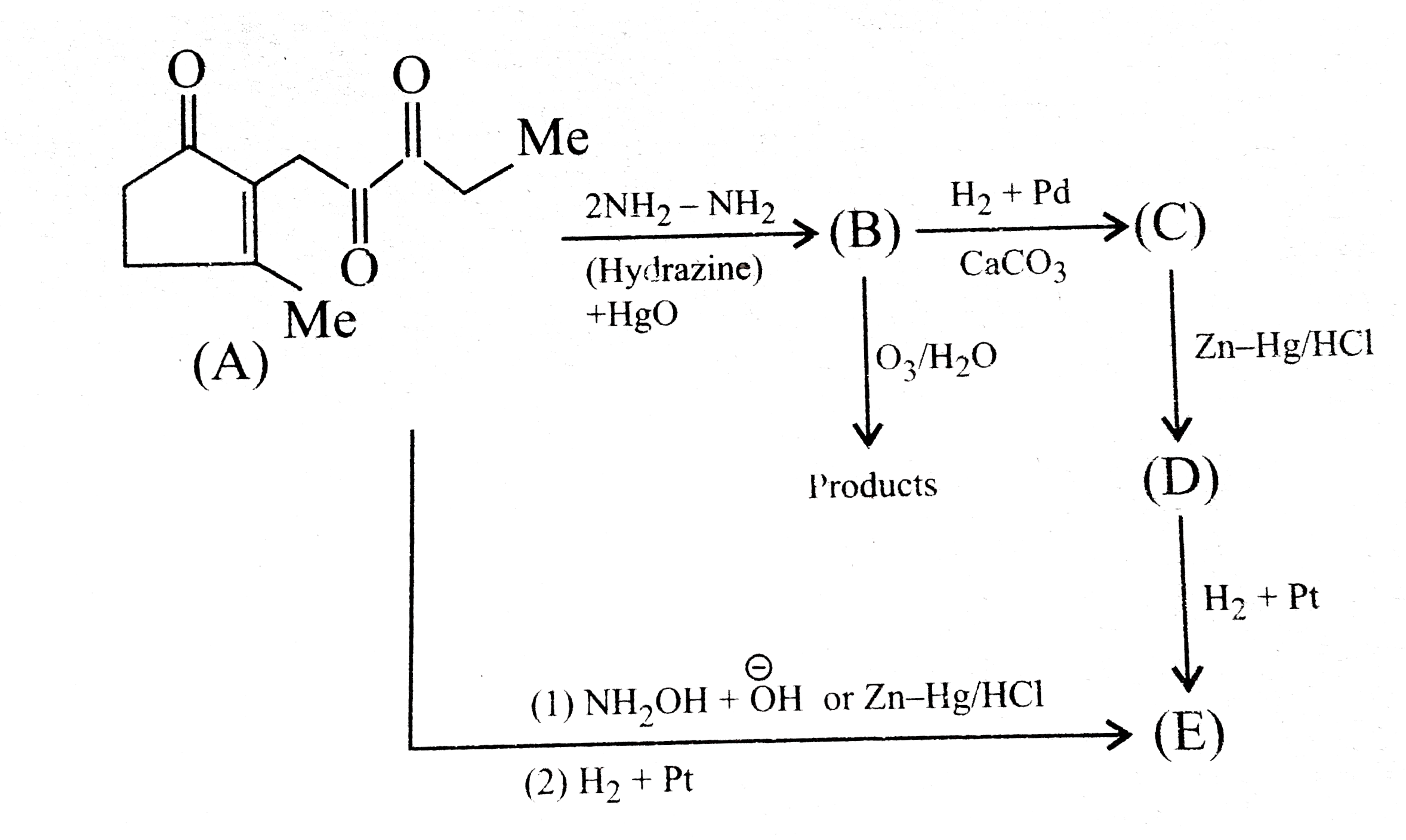
The structure of product (B) is:View SolutionIn the following sequence of reactions, products B to E are formed:

The structure of product (E) is:View SolutionProducts A and B formed in the following reactions are respectively:
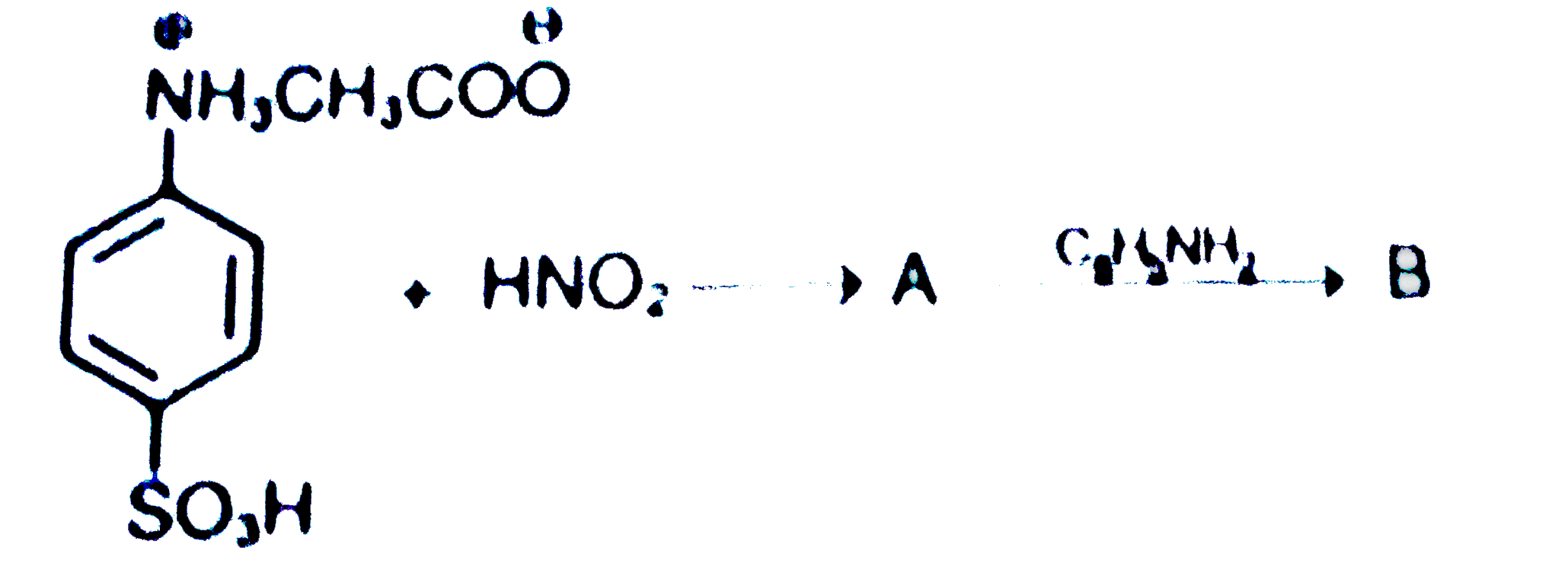 View Solution
View SolutionIn the following reaction sequence, the products (B) to (E) are formed.
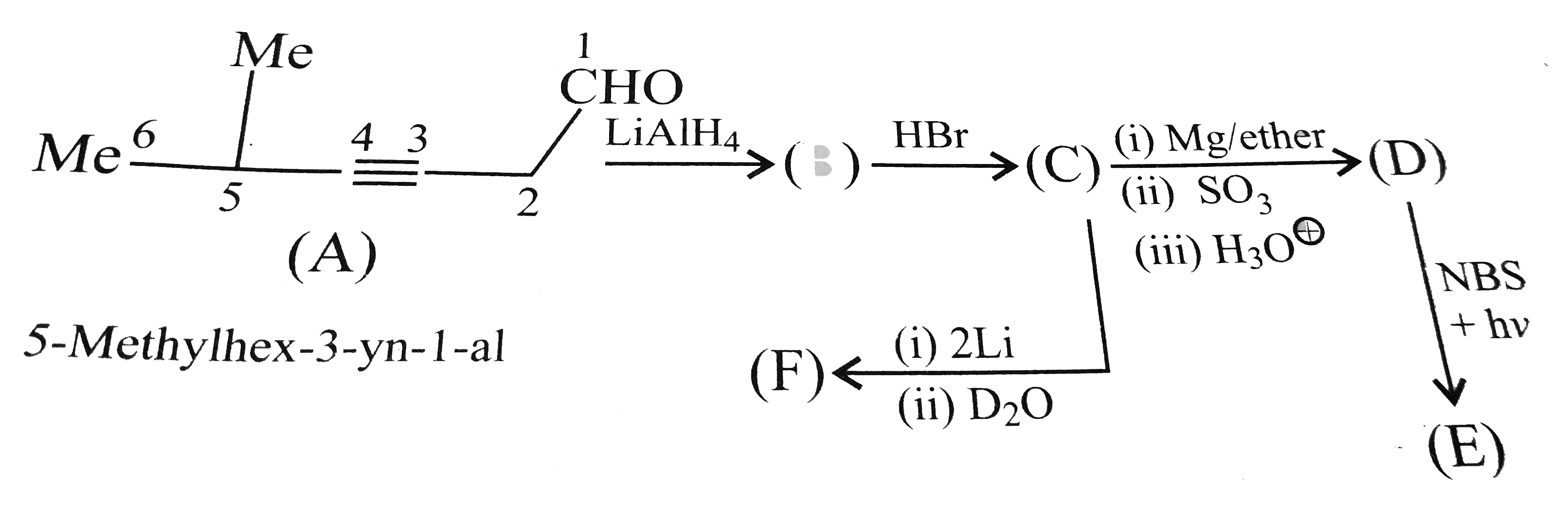 .
.
The structure of product (B) is :View SolutionIn the following reaction sequence, the products (B) to (E) are formed.
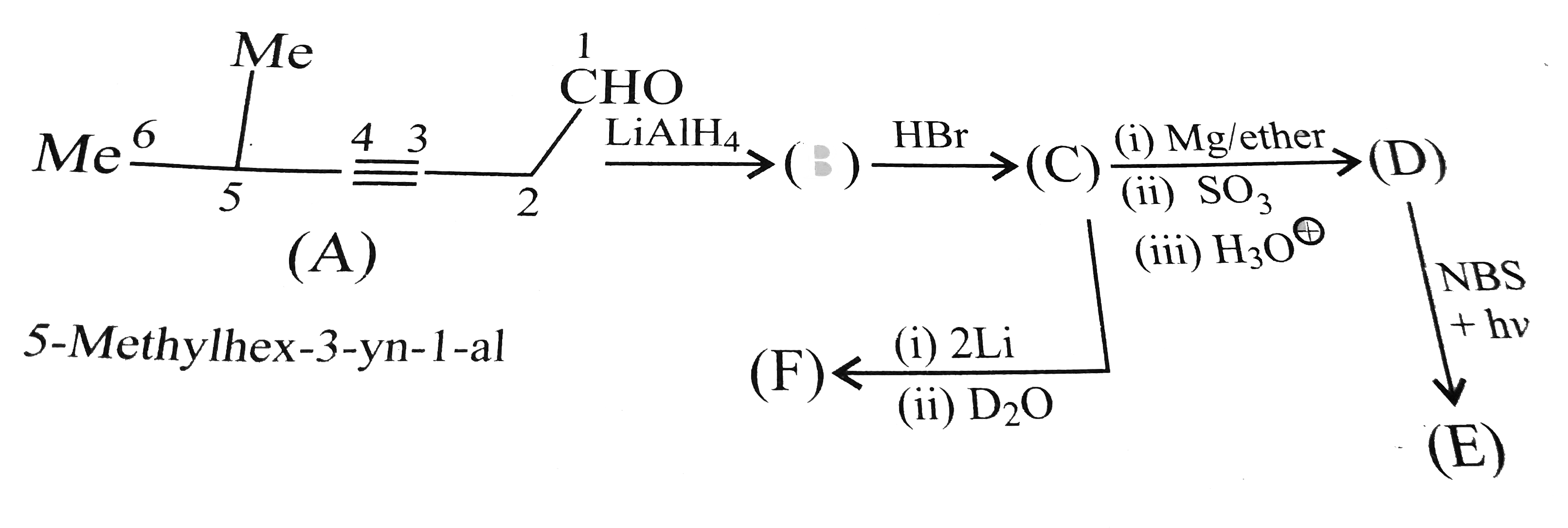 .
.
The structure of product (D) is :View Solution

